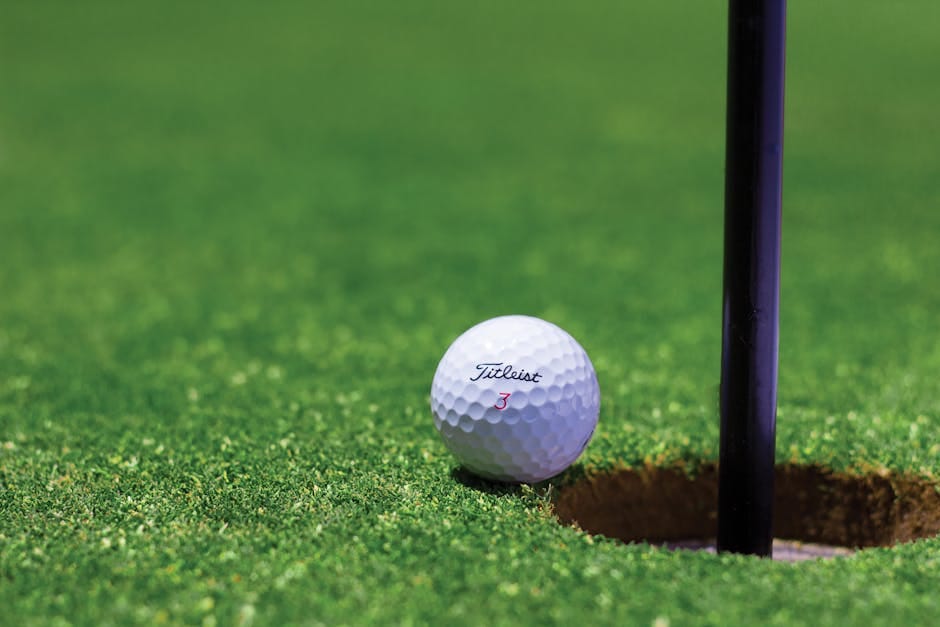Golf, a game of precision and finesse, demands the right tools. For years, I struggled with hand-me-down clubs and mismatched sets, never truly feeling confident in my swing. My scores reflected this struggle, and frustration mounted with each missed shot. Finally, I decided to invest in a set of clubs tailored to my game, and the difference has been remarkable. This journey led me to discover some key factors in choosing the best golf clubs, and I'm excited to share them with you.
First, consider your skill level. Are you a beginner, intermediate, or advanced player? Manufacturers design clubs with specific skill levels in mind. Beginners benefit from clubs with larger sweet spots and more forgiving designs. As your skill progresses, you can move towards clubs that offer greater control and workability. Don't jump into a professional-level set if you're just starting out; it will likely hinder your progress.
Next, think about your budget. Golf clubs can range from a few hundred dollars for a complete set to several thousand for individual, high-end clubs. Set a realistic budget and stick to it. There are excellent options available at every price point. Don't feel pressured to buy the most expensive clubs; focus on finding the best value for your money.
Club fitting is crucial. Getting clubs that are the right length, weight, and lie angle for your body type and swing is essential for optimal performance. A professional club fitting can analyze your swing and recommend the ideal specifications for each club in your bag. This personalized approach can significantly improve your accuracy and distance.
Material composition plays a role in performance. Drivers are typically made of titanium or composite materials for increased distance and forgiveness. Irons can be forged from steel for a softer feel and greater control or cast from stainless steel for durability and affordability. Consider your playing style and preferences when choosing club materials.
Shaft flex is another important factor. The shaft's flexibility affects the trajectory and distance of your shots. Players with slower swing speeds generally benefit from more flexible shafts, while faster swingers require stiffer shafts. Choosing the right shaft flex can optimize your ball flight and improve consistency.
Grip size and texture also contribute to a comfortable and controlled swing. Grips that are too small or too large can lead to slicing, hooking, and inconsistent shots. Experiment with different grip sizes and textures to find what feels best in your hands.
Finally, don't be afraid to try out different clubs before you buy. Many golf stores and pro shops offer demo days or fitting sessions where you can test various brands and models. This hands-on experience can help you determine which clubs feel the most comfortable and perform the best for your swing. Finding the right clubs can transform your game and make golf even more enjoyable.

